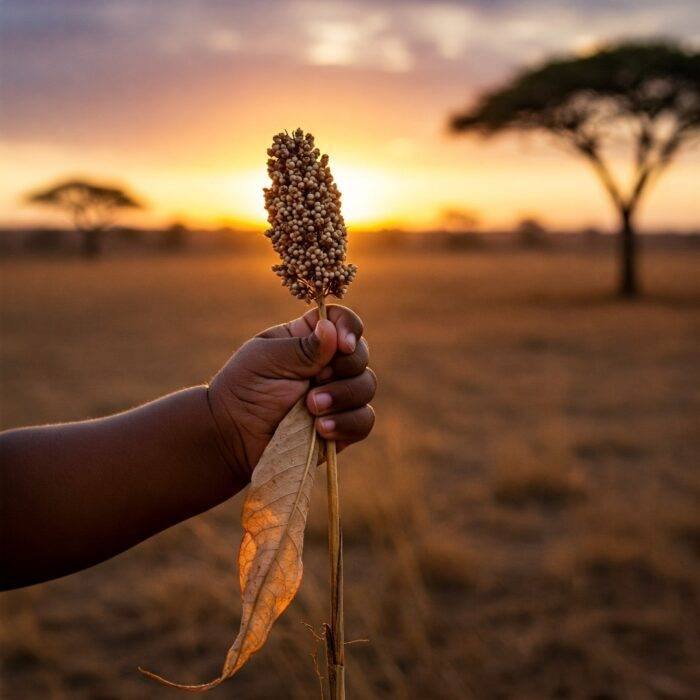In the history of Burundi, the monarchy was a hereditary regime surrounded by highly codified beliefs and rituals. Among these beliefs was the idea that the future king was born with seeds ("kuvukana imbuto"This is one of the most striking of all. It symbolized fertility, the continuity of the kingdom and the mystical legitimization of royal power. But did this miraculous birth really take place? Or was it a symbolic tale designed to reinforce monarchical authority?
A belief rooted in tradition
According to oral tradition, the child destined to become king was born holding in his hand a few seeds representing different cultures of the country. These seeds, a symbol of prosperity and connection to the land, were seen as incontrovertible proof of his royal destiny. From the moment of birth, this child was hidden away, and his or her development was monitored at a distance by the king in power, through codified rituals: height measurements, footprints, strength tests...
When all the conditions were right, it meant that the time had come for the old monarch to step down.
A more complex designation than it seems
Despite the symbolic power of this story, historical evidence shows that succession to the throne was not based solely on this mythical birth. In reality, the designation of the future king involved several factors: the advice of the soothsayers, struggles for influence between clans, and above all criteria linked to maternal lineage. Certain maternal lineages were favored, others excluded, and the choice of crown prince could be the subject of intense rivalry between the various factions of the royal court.
The role of ritual and staging
Testimonies suggest that the seeds were sometimes placed in the child's hand by initiates (notably soothsayers or women in charge of royal childbirth), creating the illusion of a miraculous birth. The purpose of this staging would have been to publicly confirm a designation already decided privately, while respecting collective beliefs and maintaining political stability.
Between founding legend and political strategy
The figure of the seed-born king (kuvukana imbuto) represents much more than just a biological event. It embodies the union of political power and the sacred, in a society where rulers were seen as chosen not only by their lineage, but also by spiritual forces.
However, historical succession struggles - often marked by internal conflicts between heirs, queens and diviners - show that this idealized vision was far from reflecting the full complexity of Burundian royal power.
Conclusion
The story of the king born with seeds ("kuvukana imbuto") is part of Burundi's rich symbolic heritage. Even if it does not strictly correspond to a verifiable historical reality, it played an essential role in the construction of royal legitimacy. Today, it remains a fascinating testimony to the way in which ancient societies associated spirituality, power and dynastic order.


There are no reviews yet. Be the first one to write one.